Navigating the Rails: A Comprehensive Guide to England’s Train Network
Related Articles: Navigating the Rails: A Comprehensive Guide to England’s Train Network
Introduction
In this auspicious occasion, we are delighted to delve into the intriguing topic related to Navigating the Rails: A Comprehensive Guide to England’s Train Network. Let’s weave interesting information and offer fresh perspectives to the readers.
Table of Content
Navigating the Rails: A Comprehensive Guide to England’s Train Network

The United Kingdom, particularly England, boasts a robust and extensive railway network, providing a crucial mode of transportation for both commuters and travelers. Understanding the intricacies of this network, however, can feel daunting. This comprehensive guide delves into the intricacies of England’s train system, offering insights into its structure, key routes, benefits, and resources for planning your journey.
Understanding the Network’s Structure:
England’s rail network is a complex tapestry woven by various train operating companies (TOCs), each responsible for specific routes and services. The key players include:
- National Rail: This umbrella organization coordinates the overall operation of the network, providing a central platform for ticketing, information, and customer service.
- Franchise Operators: These companies operate specific routes under contracts with the Department for Transport, often focusing on regional services. Examples include Avanti West Coast, CrossCountry, and Great Western Railway.
- London Underground: This iconic underground system operates primarily within the Greater London area, offering rapid and efficient transport within the capital.
- Other operators: Specialized operators like Heathrow Express and Gatwick Express cater to airport transfers, while the Docklands Light Railway serves a specific area in East London.
Mapping the Major Routes:
Navigating England’s train network requires a grasp of its key routes:
- The East Coast Main Line: This iconic route stretches from London King’s Cross to Edinburgh, connecting major cities like Peterborough, Grantham, York, and Newcastle.
- The West Coast Main Line: Extending from London Euston to Glasgow, this route links major cities like Birmingham, Manchester, and Liverpool.
- The Midland Main Line: Connecting London St Pancras to Sheffield and Nottingham, this route is a vital artery for the Midlands region.
- The Great Western Main Line: This route connects London Paddington to Bristol, Cardiff, and Swansea, serving the southwest of England.
- The Southern Main Line: Linking London Victoria to Brighton, Portsmouth, and Southampton, this route provides essential connections to the south coast.
The Benefits of Rail Travel:
Beyond its extensive reach, England’s train network offers numerous benefits:
- Efficiency and Convenience: Trains offer a reliable and efficient means of travel, particularly for long distances. They provide a comfortable and convenient alternative to road travel, especially during peak hours or in congested areas.
- Environmental Sustainability: Rail transport contributes significantly to reducing carbon emissions compared to air or road travel, making it a more environmentally friendly option.
- Accessibility and Inclusivity: The network provides accessible travel options for individuals with disabilities, with designated spaces and assistance available on most trains.
- Economic Impact: The railway network plays a crucial role in economic growth, facilitating trade, tourism, and employment opportunities across the country.
Planning Your Journey: Essential Tools and Resources:
Navigating England’s train system effectively requires access to reliable information and planning tools:
- National Rail Enquiries: This website and app provide comprehensive information on train times, fares, and journey planning.
- Train Operating Company Websites: Each TOC provides specific information about its services, routes, and special offers.
- Online Ticketing Platforms: Platforms like Trainline and thetrainline.com offer convenient booking options and fare comparison tools.
- Journey Planner Apps: Apps like Citymapper and Google Maps integrate train information into their route planning features.
FAQs: Unveiling Common Questions
Q: What are the different types of train tickets available?
A: Train tickets in England come in various forms, each with its own conditions and restrictions. Common types include:
- Advance Tickets: These offer the most significant discounts but require booking in advance and are often non-refundable.
- Off-Peak Tickets: These tickets are valid at specific times outside peak hours and offer lower fares than standard tickets.
- Anytime Tickets: These tickets offer greater flexibility but are generally more expensive than advance or off-peak tickets.
- Group Tickets: These tickets offer discounts for groups of two or more travelers.
- Family Tickets: These tickets provide discounts for families traveling together.
Q: How can I find the cheapest train tickets?
A: Finding the cheapest train tickets requires some research and planning:
- Book in Advance: Advance tickets offer the most significant discounts.
- Travel Off-Peak: Off-peak tickets are cheaper than standard tickets.
- Consider Split Ticketing: Splitting your journey into two or more tickets can sometimes result in cheaper fares.
- Use Online Ticketing Platforms: Platforms like Trainline and thetrainline.com offer fare comparison tools.
- Utilize Loyalty Schemes: Some TOCs offer loyalty schemes with discounts and benefits.
Q: What are the different types of train services available?
A: England’s train network offers a variety of services, each catering to different needs:
- Intercity Services: These high-speed trains connect major cities across the country.
- Regional Services: These trains operate within specific regions, connecting smaller towns and cities.
- Commuter Services: These trains focus on transporting commuters between urban centers and surrounding areas.
- Express Services: These services offer direct routes with minimal stops, providing faster travel times.
- Sleeper Services: These overnight trains offer comfortable sleeping compartments for long-distance travel.
Q: What are the rules and regulations for traveling by train in England?
A: Travelers should be aware of the following rules and regulations:
- Ticket Validation: It is crucial to validate your ticket before boarding the train.
- Carrying Luggage: Most trains have designated luggage areas and restrictions on the size and weight of baggage.
- Food and Drink: Eating and drinking are permitted on most trains, but specific rules may apply.
- Mobile Phone Usage: Mobile phone use is generally permitted on trains, but some services may require you to switch to silent mode.
- Behavior: Passengers are expected to behave respectfully and considerately towards fellow travelers.
Tips for a Smooth Train Journey:
- Plan Ahead: Research your route, book tickets in advance, and familiarize yourself with train times and station layouts.
- Arrive Early: Allow ample time to reach the station, buy tickets, and find your platform.
- Check for Delays: Keep an eye on train information boards or apps for any potential delays or cancellations.
- Carry Essentials: Pack a water bottle, snacks, and any necessary medications.
- Charge Your Devices: Ensure your phone or tablet is fully charged before your journey.
- Be Prepared for Crowds: Peak hours can be busy, so be prepared to navigate crowded platforms and carriages.
- Be Mindful of Your Surroundings: Be aware of your belongings and keep an eye on your personal safety.
Conclusion:
England’s train network is a vital artery, connecting people, businesses, and communities across the country. Understanding its structure, routes, and resources empowers travelers to plan their journeys effectively, explore new destinations, and experience the efficiency and convenience of rail travel. By embracing the tools and information available, travelers can navigate this intricate network with ease, maximizing their time and minimizing stress.
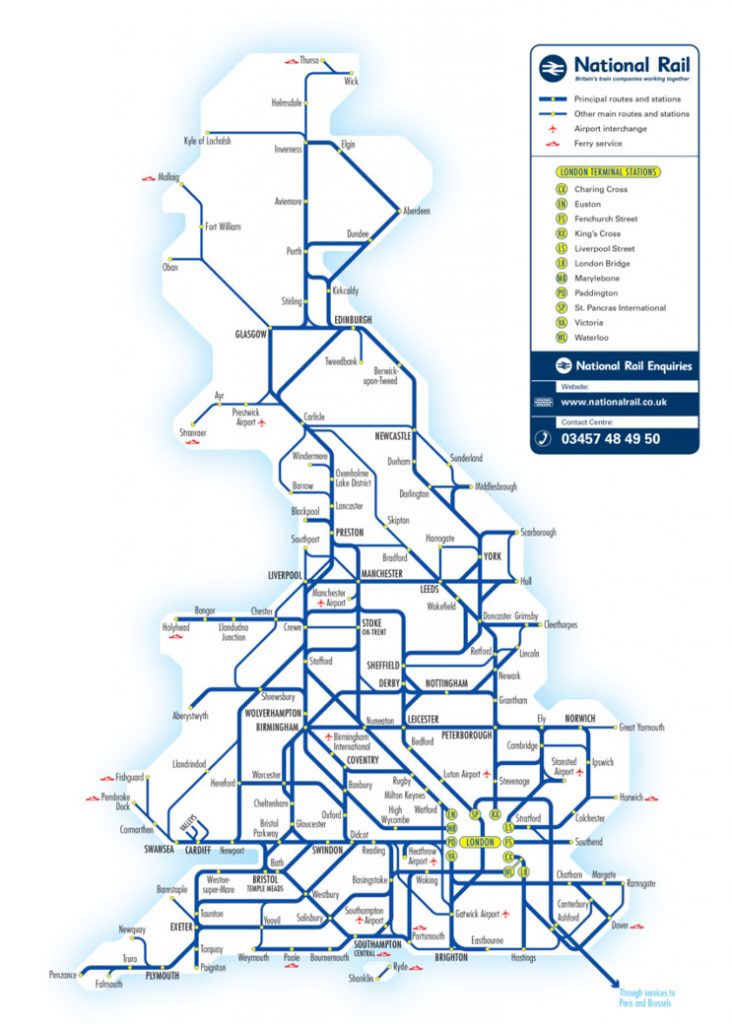
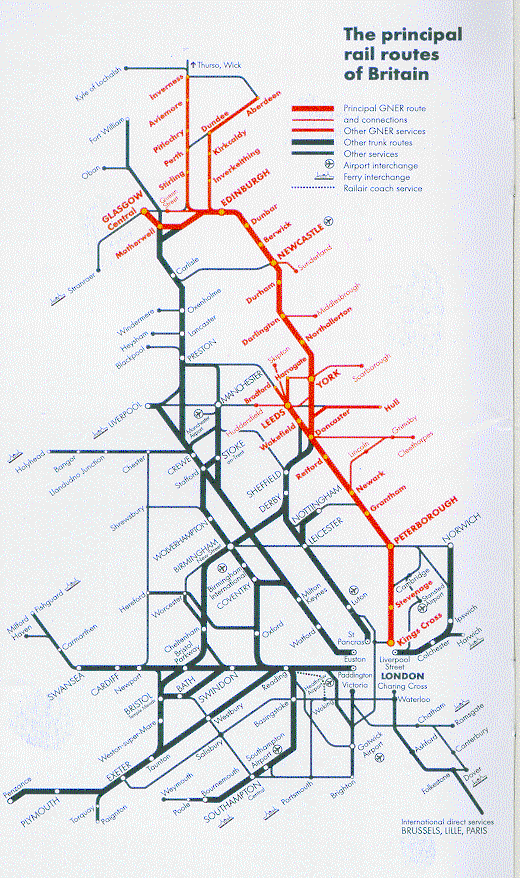



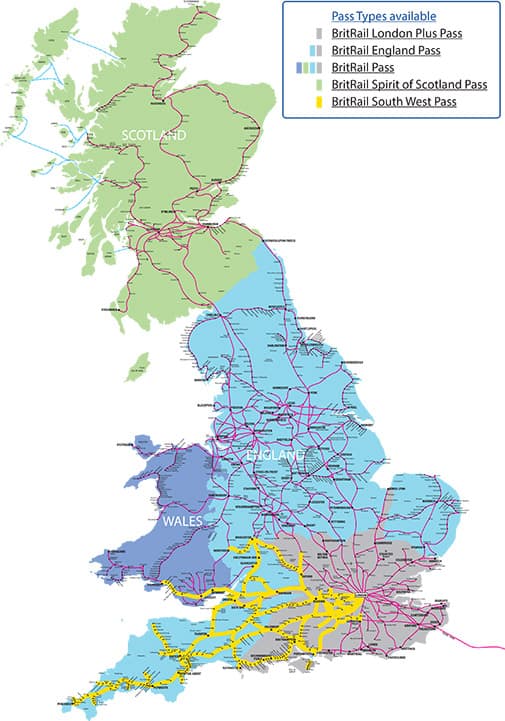
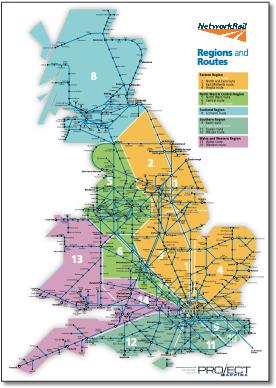
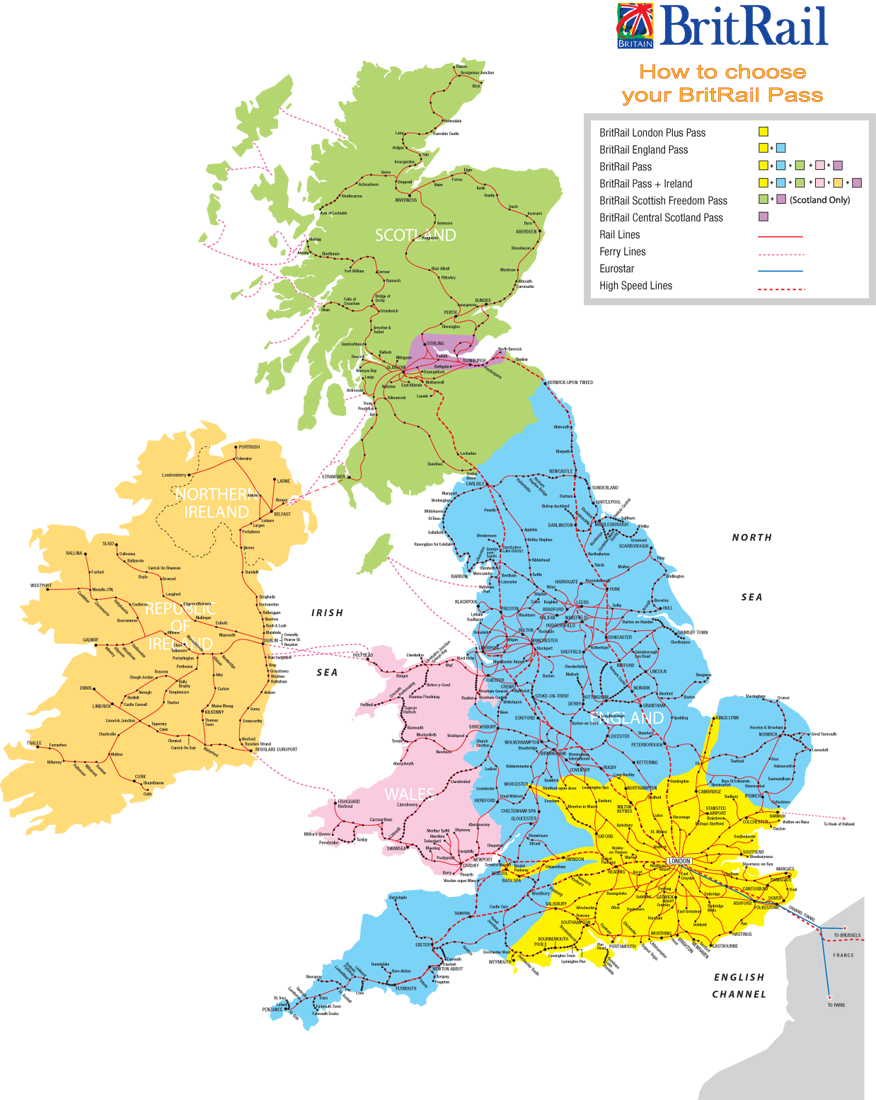
Closure
Thus, we hope this article has provided valuable insights into Navigating the Rails: A Comprehensive Guide to England’s Train Network. We appreciate your attention to our article. See you in our next article!